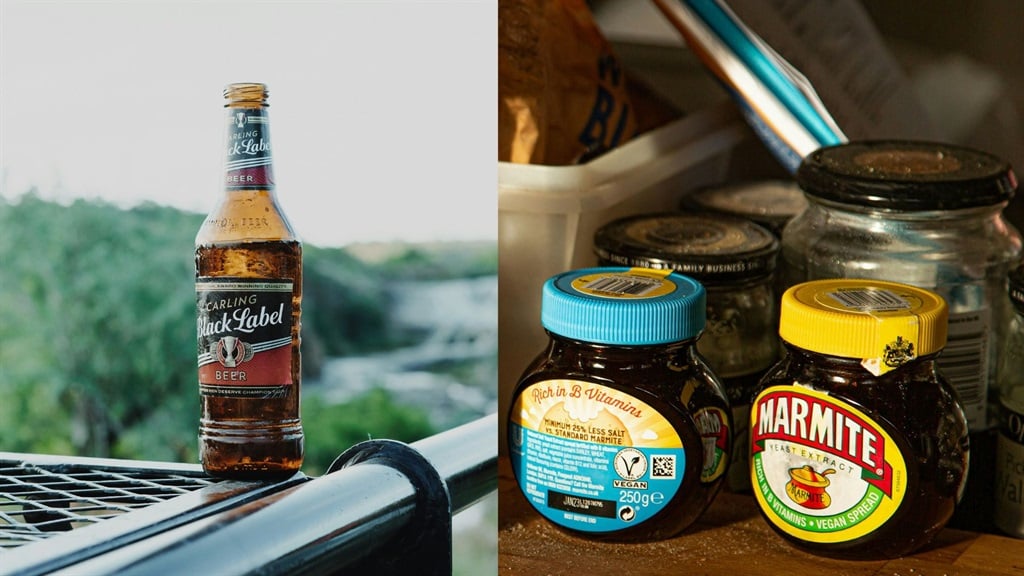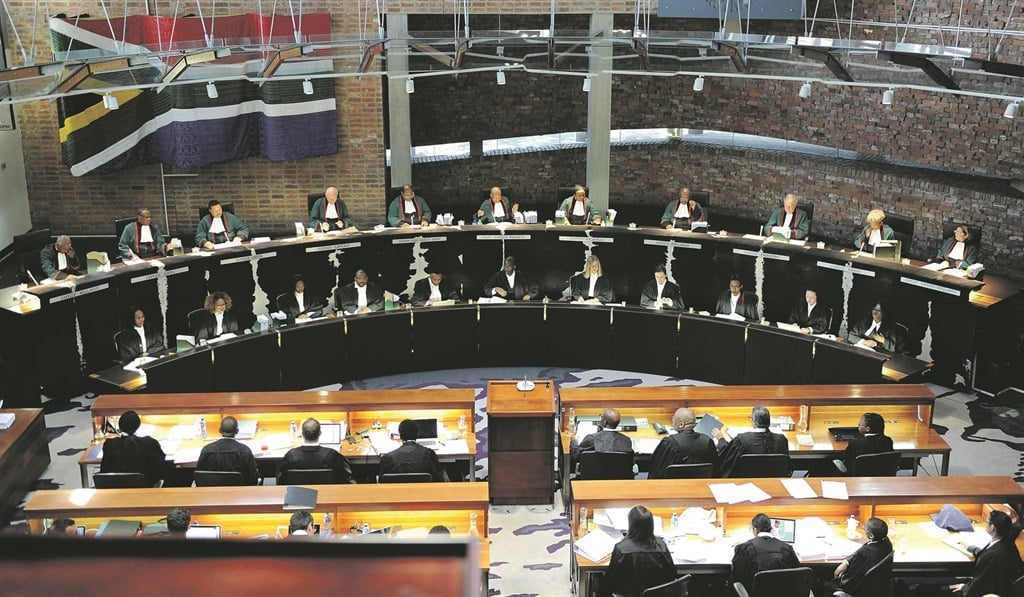
From Scotland’s heartland to the United States of America’s manufacturing centre, these brands have traversed continents to become household names in South Africa.
- Many food and beverage brands considered quintessentially South African have origins far beyond the country’s borders.
- From Scotland’s Bovril to Canada’s Black Label, these products have traversed continents to become household names in South Africa.
- These are eight household brands in your pantry that have surprising international roots.
We often think of certain food and beverage brands as quintessentially South African.
What’s a Friday night without a cold Black Label? What’s a delicious, buttered toast without salty Marmite or beefy Bovril as our go to savoury toppings of choice?
A closer look at some of our beloved pantry staples, the country’s champion beer, and even a popular casual dining spot reveals a surprising truth: they all have roots outside South Africa.
From Scotland’s heartland to the United States of America’s manufacturing centre, these brands have traversed continents to become household names in South Africa.
Here are eight food and drink brands with unexpected global origins.
Wimpy
Yes, Wimpy is not as South African as you might think. While the breakfast and burger chain takes credit as the first restaurant to fully embrace the Rainbow Nation in the 1980s, the popular chain restaurant has American roots and locations worldwide.
It was founded in Bloomington, Indiana, by American restaurateur Edward Gold as Wimpy Grills in the 1920s.
The casual dining eatery opened in South Africa in 1967 in Murchies Passage, Durban.
Bovril
John Lawson Johnston invented Bovril, a concentrated beef product, in Scotland in the late 19th century.
According to The Scotsman, “Bovril” is derived from the Latin word Bovine and a hugely popular novel, The Coming Race.
Johnston’s creation was also influenced by the French military’s search for better rations after a defeat in the Franco-Prussian War. His solution was a versatile beef product that could be eaten or dissolved in water, forming the basis for the beef spread we all know and love.
Black Label
Our beloved Carling, a staple in South African celebrations and Africa’s most awarded beer, has Canadian roots. Initially brewed in London, Canada, by the Carling Brewery, it was originally known as Black & White Lager.
In 1927, the lager was rebranded as “Black Label.” The brewery eventually merged with Canadian Breweries Limited, which became the world’s largest brewing company. It launched in South African in 1966.
Spar
Adriaan van Well established the first SPAR-branded store in the Netherlands in 1932. In 1963, South Africa became the first country outside of Europe to join its food retail network.
Maggi
Maggi started in Switzerland. Julius Maggi founded its range of soups, bouillon cubes, and liquid sauces in 1884 to assist busy working women who needed help cooking convenient, inexpensive, and nourishing meals for their families.
In 1946, Nestlé acquired Maggi and customised its 2-minute convenient noodles, eventually creating the popular Durban Curry flavour in South Africa.
Aromat
Since the 1950s, Aromat has added “unbelievable flavour” that South Africans can’t get enough of.
Walter Obrist, who worked for Knorr, developed Aromat in 1952. The Knorr company started in Germany and moved to Switzerland in 1907.
TRY THIS RECIPE| What’s for dinner? Tender fall off the bone lamb shanks with creamy mash
Marmite
A little Marmite jar has been tucked in South African pantries for over 100 years. Although Marmite was discovered as early as 1680, it was first manufactured commercially in 1902 in England.
Produced by British brand Unilever, this savoury umami toast topping was invented by organic and agricultural chemist and German scientist Justus von Liebig, who used the by-products of beer brewing to make the sticky brown paste with a distinctive salty taste.
Marie Biscuits
“Marie” biscuits were first produced in South Africa by the Baumann biscuit plant in Durban in the 1800s.
Peek Freans, a British bakery, first created the Marie biscuit to commemorate the marriage of the then-Duke of Edinburgh and the fourth child of Queen Victoria, Prince Albert and the daughter of Emperor Alexander II of Russia, Duchess Maria Alexandrova of Russia.
It doesn’t end with food and restaurants. These are two bonus brands that are also not South Africans:
Zambuk
The “real makoya” used to treat various skin ailments, including minor burns, cuts, insect bites, and the occasional dry lip, is not ours to claim. Cue the gasps. Zambuk’s roots date back to the 1800s in New Zealand and Australia when football and rugby players used it to treat injuries. A British businessman, Charles Edward Fulford, patented the eucalyptus and camphor ointment in 1902.
Sunlight
Sunlight originated in the 1800s in the UK. In 1885, Unilever founder William Hesketh Lever created the brand of soaps, dishwashing liquid, and powder in response to rampant poverty and ill health.
One hundred and thirty-eight years later, it is still a trusted kitchen cleaner of choice in the homes of many South Africans.
Did we miss any? Leave a comment!







Recent Comments